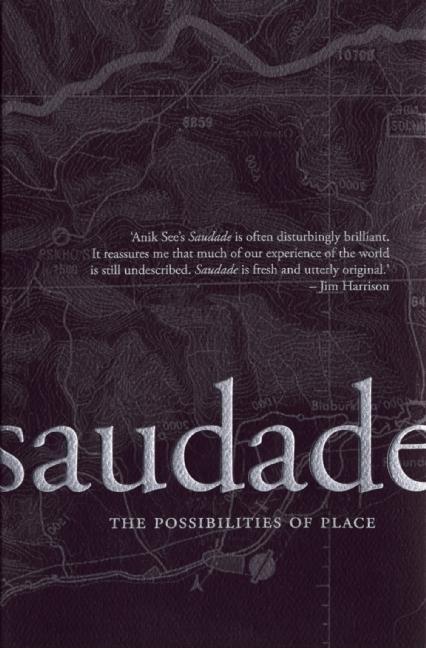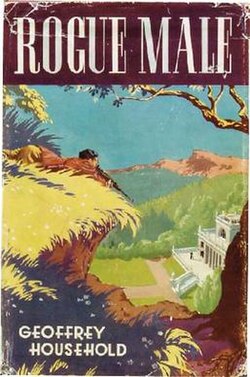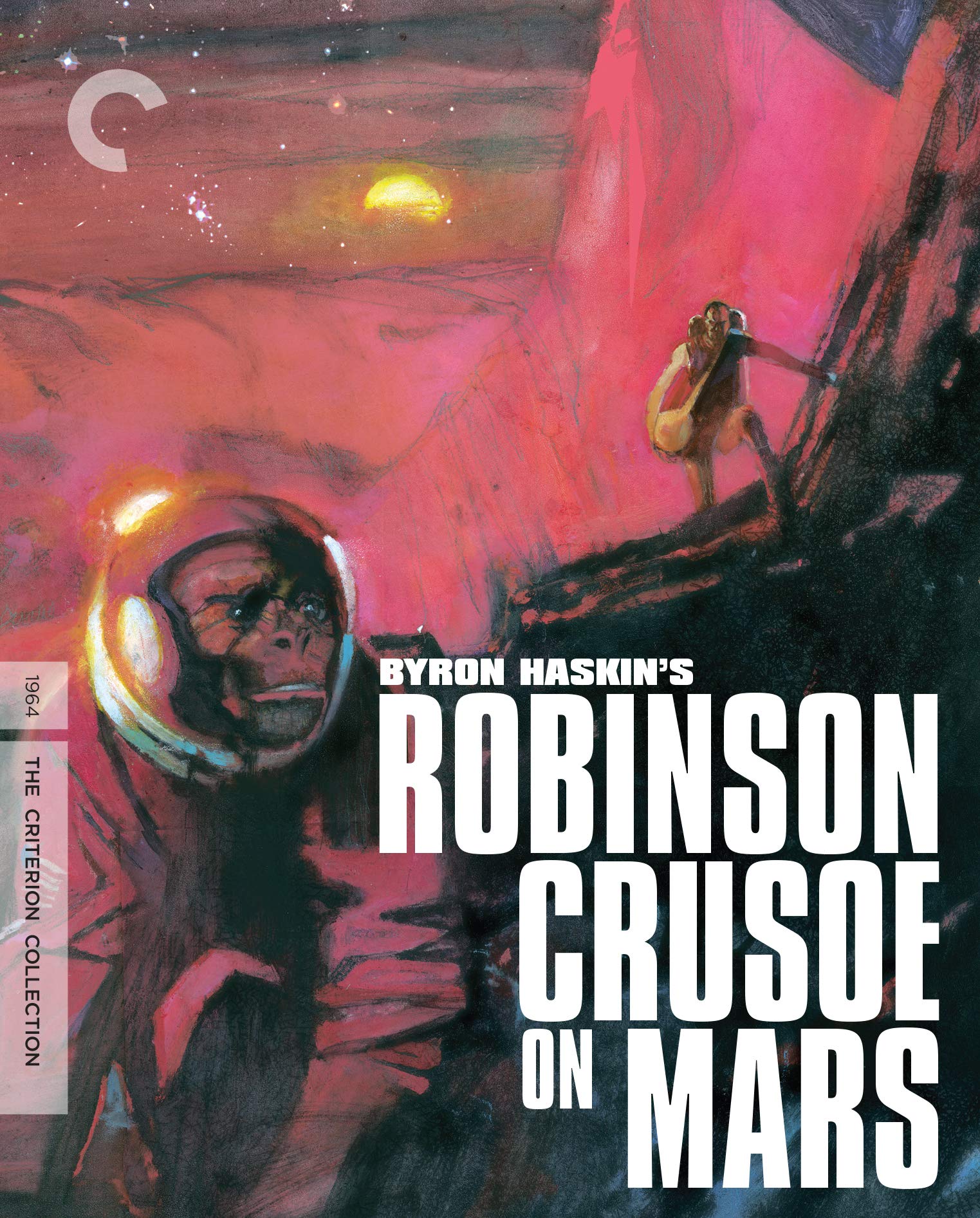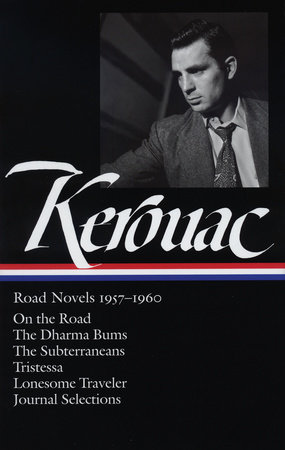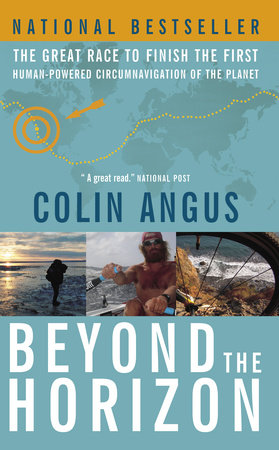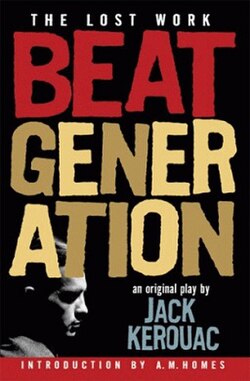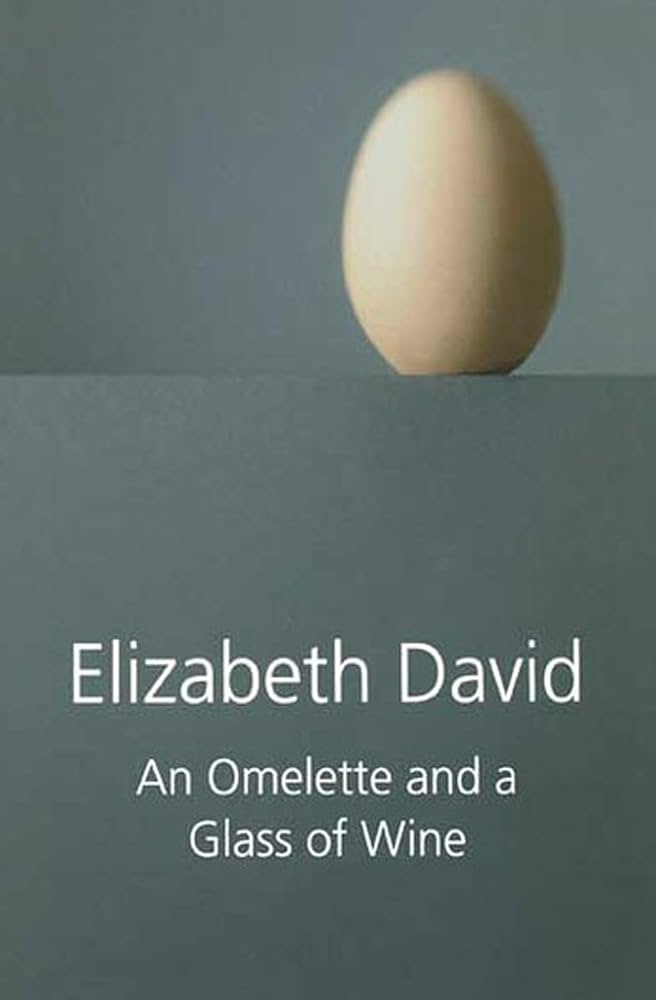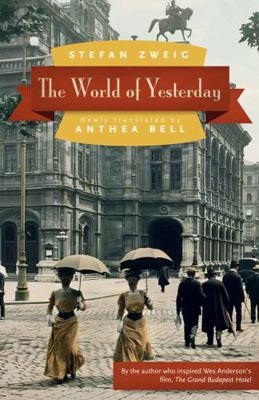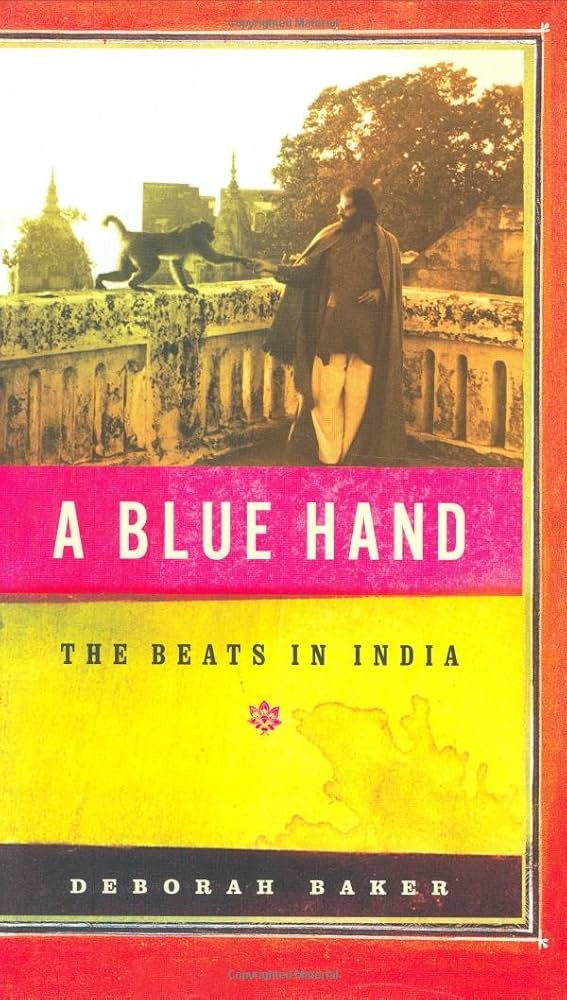fact

Seize the Fire: Heroism, Duty, and the Battle of Trafalgar
October 21, 2005, marked the 200th anniversary of the great naval battle of Trafalgar, an engagement in which Admiral Nelson and the British fleet ended Napoleon’s dream of invading England by crushing the French and Spanish fleets off the southwest
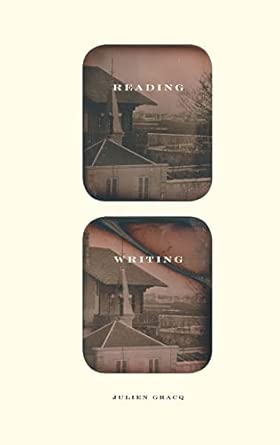
Reading Writing
The French writer Julien Gracq, who will be ninety-seven this year, is a living link to the era of Louis Aragon and André Breton. Gracq has avoided the kind of recognition that most modern writers crave (he refused the Prix Goncourt in 1951), and his body of work is little known on this continent.
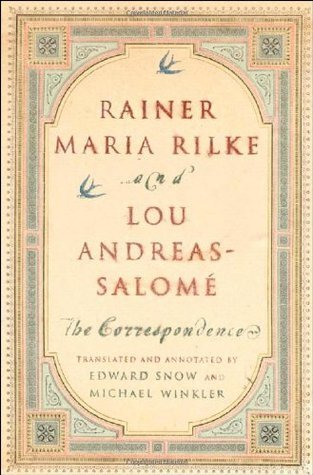
Rainer Maria Rilke and Lou Andreas-Salomé: The Correspondence
Rainer Maria Rilke and Lou Andreas-Salomé: The Correspondence (Norton) collects all of the extant letters exchanged by Rilke and Andreas-Salomé , a patron and fellow author, and (as the jacket copy describes her) “a key fin de siècle intellectual.”
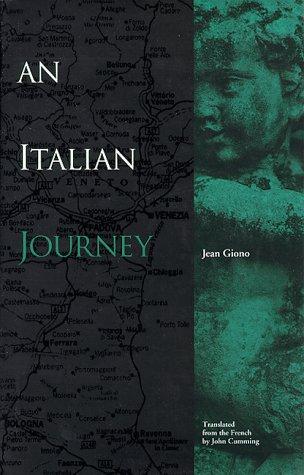
An Italian Journey
Henry Miller named Jean Giono as one of the writers he most admired (a list that includes Knut Hamsun, Blaise Cendrars, and Fyodor Dostoevsky). Giono, who lived most of his life in Manosque, the small Provençal town where he was born, begins An Italian Journey by admitting that he is not a traveller.

Letter from Nepal
At first the blackouts in Kathmandu are limited to six hours a week, so in my area we do without lights on Saturday and Sunday evenings. It’s not difficult—candles at dinner, quite charming at first—but then we jump to fifteen hours a week without power, then to thirty-six hours, all within ten days. The govern
.svg)
Burma Media Event
Once while living in Burma (now Myanmar), Goran Simic and his brother, whose father was the Serbian ambassador, were stopped by rebels on their way to the international school in Yangon. They were hauled out of their diplomatic Mercedes limousine and forced at gunpoint to witness the beheading, at the side of the road, of a uniformed Myanmar government official.

Natural History
It started with a note I found tucked into an anthology of poems edited by Selden Rodman, a book I opened rarely, though there was a time when I was young I had read it so closely and so many times I had most of the poems memorized. The note lay in the spine of the book against a poem of Arthur Rimbaud's titled, I think, "The Twelve-Year-Old Poet." On it are four names printed out in my sure and youthful twenty-one-year-old hand: Baghdad, Koweit, Sakakah, Jaffa.
.svg)
Sitting on Water
During my thirty years living on the waterfront of British Columbia, I have always had some sort of container in which to sit on the water. My first boat was a ten-foot dinghy that my late husband John Daly, a commercial salmon troller, equipped with a small electric motor to surprise me. He had the bizarre idea that I, a sometime canoeist from Ohio, could manoeuvre a boat on my own around our capacious Pacific coast harbour. The electric engine would be ideal for me, he thought. No rope to pull to start it up! No gasoline tank on board!

The Real Woman
And then I remembered an important event. It happened at a funeral in St. Paul’s chapel for a twenty-four-year-old prostitute who had overdosed in her Gastown hotel room. The small chapel was half full, and very quiet. There were a couple of fresh flower arrangements in front of the cheap, closed coffin. Most of the congregation were other prostitutes dressed in their working clothes, and a few pimps. One woman apologized to Brother Tim for having nothing black to wear, except for lingerie and a leather miniskirt.

The Main
Last summer, during a visit to Vancouver, my nine-year-old son climbed the pediment of a cast-iron traffic-light standard and put his palm on the glowing hand that warns pedestrians to stay put. My mother pointed out afterwards that my photograph of the event contained its own French caption, in the word visible over his shoulder: main.

Seize the Fire: Heroism, Duty, and the Battle of Trafalgar
October 21, 2005, marked the 200th anniversary of the great naval battle of Trafalgar, an engagement in which Admiral Nelson and the British fleet ended Napoleon’s dream of invading England by crushing the French and Spanish fleets off the southwest

Reading Writing
The French writer Julien Gracq, who will be ninety-seven this year, is a living link to the era of Louis Aragon and André Breton. Gracq has avoided the kind of recognition that most modern writers crave (he refused the Prix Goncourt in 1951), and his body of work is little known on this continent.

Rainer Maria Rilke and Lou Andreas-Salomé: The Correspondence
Rainer Maria Rilke and Lou Andreas-Salomé: The Correspondence (Norton) collects all of the extant letters exchanged by Rilke and Andreas-Salomé , a patron and fellow author, and (as the jacket copy describes her) “a key fin de siècle intellectual.”

An Italian Journey
Henry Miller named Jean Giono as one of the writers he most admired (a list that includes Knut Hamsun, Blaise Cendrars, and Fyodor Dostoevsky). Giono, who lived most of his life in Manosque, the small Provençal town where he was born, begins An Italian Journey by admitting that he is not a traveller.
.svg)
Separate Crossings
Dr. Portillo, a Mexican physician, lives with her husband and son in a balcony-festooned six-bedroom house in a gated suburb. The adobe walls that enclose the garden, the coloured tiles embedded in the walls and the servants’ garden house are all typical of the home of a prosperous Mexican family. The multi-generational collection of relatives who occupy the spare bedrooms also reflect Mexican tradition. Dr. Portillo receives her patients in an office located in a tower in the northern Mexican city of Tijuana; since many of the patients are American, much of her working day takes place in English. When she goes home at night, she relaxes by speaking to her husband and son in Spanish. Her son, however, often responds in English because Dr. Portillo’s typical Mexican home is located in suburban California.

Witch Hunt
In a letter of 350 words, published in Geist 65, Michael Redhill calls me a racist once and implies that I am a racist on at least four other occasions. Redhill’s repetition of the ultimate insult of the postmodern era offers a fascinating, if depressing, window into how certain Canadian writers betray their responsibility to the society they live in.

Van Gogh’s Final Vision
Auvers-sur-Oise is a town of ghosts. Among the summer tourists and art-loving pilgrims who visit Auvers from all over the world, drift flocks of long-dead artists with folding easels and boxes of paints, who a century ago would disembark every week at the small railway station.

The Self-Destruction of the CBC
The federal government recently announced it is reviewing the CBC’s mandate. This review is the latest chapter in a long story of questioning the value of the CBC since its inception seventy years ago. Clearly there are politics involved here; the CBC is an easy target for attack by parties of all stripes.





